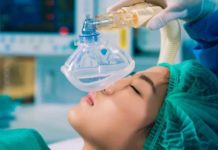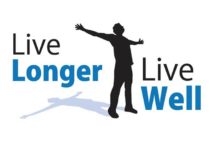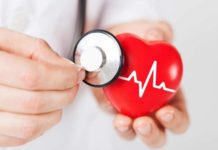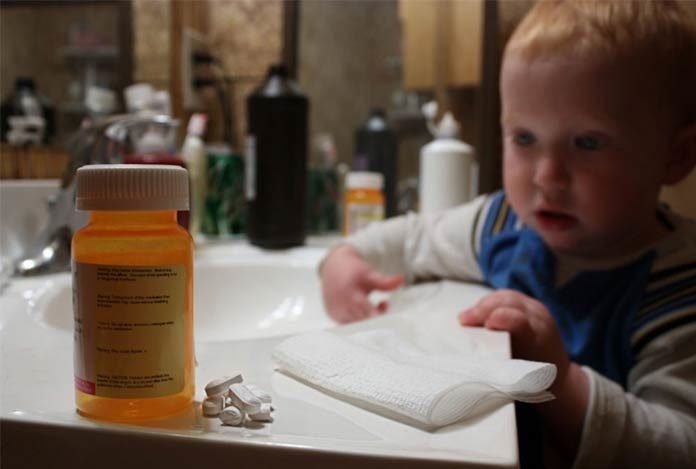
Accidental poisoning is a parent’s worst nightmare. Imagine finding your child with an open bottle of Tylenol, or swallowing some pills in a dark room, thinking it was aspirin but later discovering it wasn’t. According to a preliminary data, accidental poisoning has killed over 33,554 people in the year 2011 alone. As a matter of fact, around 90% of these poisonings happen at home. Dr. Mehmet Oz shares tips to make your home poison-free and what to when you or your loved one is exposed to lethal dose of any drug or substance.
What Can Lead to Poisoning?
While medicines are the most common cause of accidental poisoning, other substances like cleaning supplies, carbon monoxide, vitamins, pest killers, hydrocarbons (kerosene, lamp oil, lighter fluid, gasoline), beauty products, certain products, strings, bites, and art products can also lead to poisoning. These poisonings can occur by inhaling, ingesting, or touching toxic substances.
Who Is at Risk of Accidental Poisoning?
Unfortunately, every one of us is at risk of accidental poisoning. It is one of the topmost causes of death in the U.S adults between ages 25 and 64, according to the U.S. Centers for Disease Control (CDC) [1] . Almost half of all the calls received by the poison control center are for children below age of 6 but 92% deaths associated with accidental poisoning are of adults. Generally, a poison control center receives 10,000 calls per day.
What Are the Signs of Poisoning?
Some common symptoms of poisoning include redness or burns around lips and mouth, breath that smells like a chemical, odors or stains on the person, burns, scattered pills or empty medicine bottles, vomiting, seizures, sleepiness, trouble in breathing or confusion. These symptoms generally take time to develop. Dr. Mehmet Oz advises to react as soon as you discover accidental poisoning, irrespective of symptoms.
What Should You in Case Your Loved One Has Been Accidentally Poisoned?
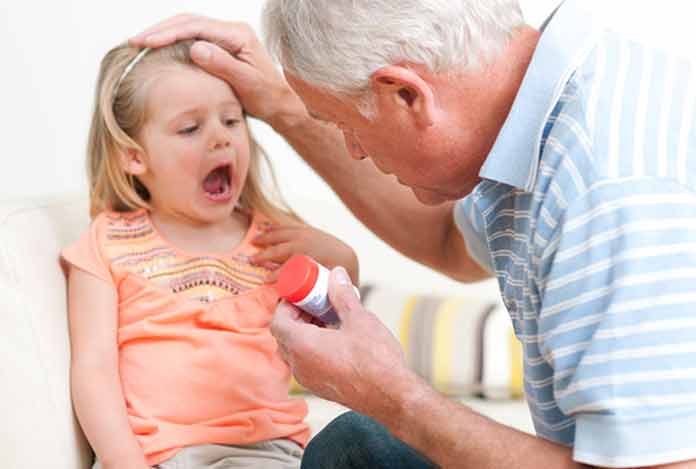
In case you or someone you know is feeling drowsy, has trouble breathing, agitated, restless, having seizures, unconscious, call 911 right away. If the person is stable and shows no symptoms, call the nearest poison control center. They can provide you confidential and free advice, 24 hours a day and 7 days a week. If you have any doubts that the person has ingested, inhaled, or touched any lethally toxic substance, call right away.
While you are waiting for you, you can do the following meanwhile
- If a person becomes unresponsive, begin CPR.
- If he or she has been exposed to toxic fumes, take them in fresh air immediately.
- If they have ingested or swallowed a poison, take out whatever is left in their mouth.
- In case they have ingested a chemical like a household cleaner, read the label for accidental ingestion and poisoning.
- If poison is spilled over person’s cloth, remove the cloth. If it is spilled on his or her face or any other exposed body areas, immediately clean it with a lukewarm water and a cloth, unless a help arrives.
- If possible, try to take the poison bottle along with to the hospital.
- Do not try to give them any other drug or substance that might cause vomiting. This could possibly aggravate the damage.
Tips to Make Your Home Poison-Free
Here is how to make your home poison-free:
Medicines:
- Keep the medicines in their original packet or bottle and place them in higher cabinets where children cannot reach. Children can otherwise find medicines easily when kept in pockets, bags, first-aid boxes, and wallets.
- Always read the instructions and label carefully before consuming a medication. Ask your doctor if it is fine for you to consume a particular medication. Check whether it would go fine with other medications you are taking or not.
- Always turn on the light so that you can make sure you are taking right pills.
- Whenever a medication expires, dispose it off immediately.
- Never share your medications with others and also do not consume their prescription medicines.
Household Products:
- Keep all the beauty products and chemicals in their original packaging. Store them in places that couldn’t be reached by your children and toddlers.
- Pad-lock any low-lying cabinets like those in your kitchen.
- Never mix any household products that could produce toxic fumes. In case you have to do so, use places where ventilation is proper. Never sniff a bottle to know what is inside.
- Wear closed shoes, long sleeves, gloves, socks, and long pants if you are spraying insecticides in your home as some of it might get absorbed into your skin. This can also prove fatal, in worst case.
Dr. Mehmet Oz advises to keep the poison control center’s number saved on your phone and also pasted all over your home, to tackle any sort of emergency. Following all these tips can help you in preventing accidental poisoning and handling any such situations easily.

